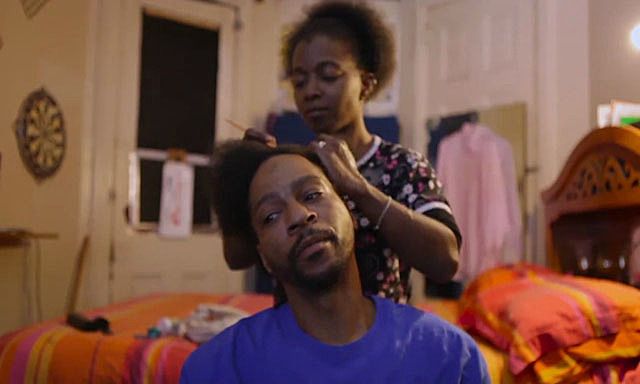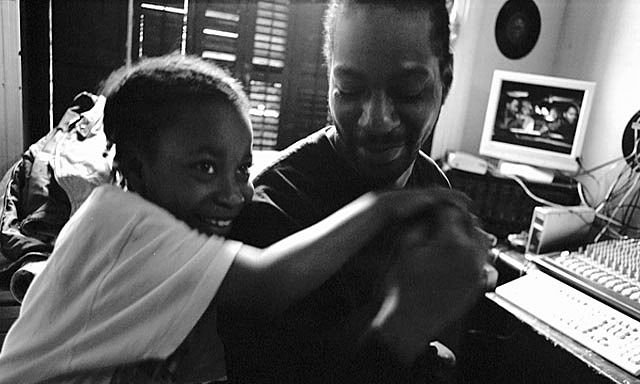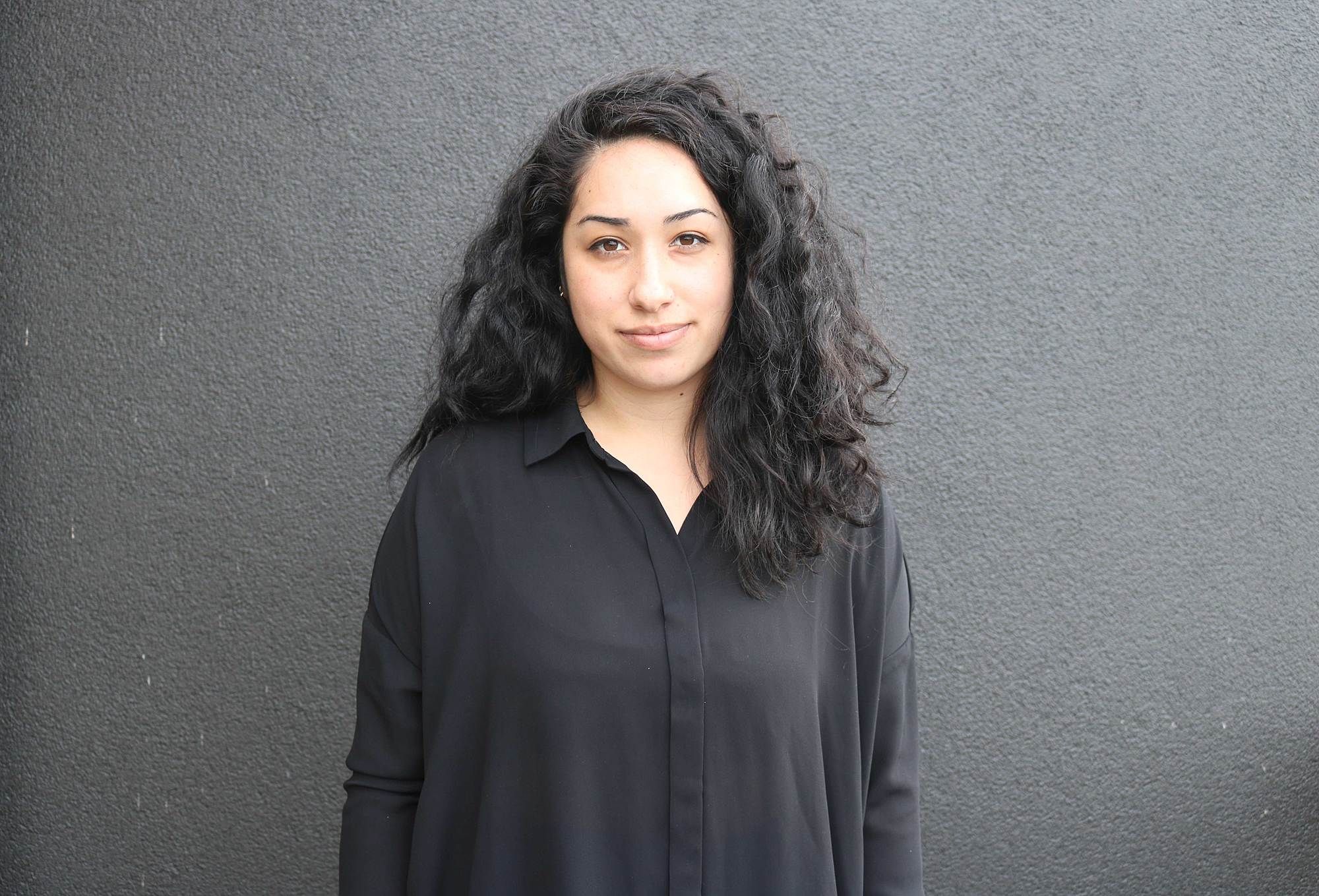Campaigns of Hope: Considering Quest and I Am Not Your Negro
Inequality isn't inevitable, it's engineered.
Inequality isn't inevitable, it's engineered.
Dreams are sold on hope, and so were my grandparents. Leaving their villages of Satapuala and Siumu, Nu’uasala and Iosefa flew to Aotearoa, the land of milk and honey, in 1970, pregnant with Lucky Malofou Lopesi – my dad.
Like most of the Pacific population in Aotearoa, they migrated here on nothing more than hope. Brought over to fill the bottom runs of the economic ladder, Pacific people are often the hardest hit during any type of recession or economic reform. So 47 years on, from when my Grandparents arrived, a lot of the Pacific community still exists in a state of hope.
Statistics New Zealand data shows that in 2006, the median income for Pacific people was $20,500. Seven years later in 2013, that median dropped to $19,700, actually going backwards – making the community our country’s lowest income earners. Because of this, more than half of Pacific children grow up in poverty, and a Pacific person in Aotearoa is 2.6 times more likely than the average person to be living in hardship.
Poet and academic Karlo Mila writes “…it is immediately apparent that equal access to the rights, privileges and freedoms supposedly afforded by being born into a civilised western society are somehow systematically denied” in ‘Only one deck’, Inequality: A New Zealand Crisis. She goes on to write “Pacific children born in this country nominally and technically have the right to be educated to a level that gives them the freedom to realise their career aspirations: the right to work hard to achieve their dreams; the right to live healthy, full, long lives. But the fact is that they do not actually have ease of access to these rights”.
There’s an unequivocal connection between hope and democracy
There’s an unequivocal connection between hope and democracy; it’s often a message that gets people elected in politics. A recent example is Barack Obama, whose key messages were change, trust and hope. "Hope in the face of difficulty. Hope in the face of uncertainty. The audacity of hope!" is a line from one of Obama’s speeches. Ten weeks out from the 2017 election, we should be seeing a sense of hope ignited in Aotearoa. Yet the messages of this year’s ministerial campaign seem more closely aligned with fear, with anti-immigration rhetoric echoing the Trump and Brexit campaigns.
It’s this sentiment of hope that the Jonathan Olshefski documentary Quest (2017) picks up on. Bookended by the elections of Obama and Trump, Quest brings us an intimate picture of hope through the resilient African American family of Christopher (Quest) and Christine’a (Ma Quest) Rainey. Filmed over a decade, we’re taken into Rainey’s home on the north side of Philadelphia. We gain intimate insights into Quest’s home recording studio and the community that gathers there, into Christine’a’s grown-up son’s battle with cancer; we see their teenage daughter Patricia’s rehabilitation from a gunshot wound to the face.
At the end of Quest the Raineys are watching a speech by soon-to-be-elected Donald Trump, who says the state of life for the African American community is so bad what do they have to lose by voting for him. Ma Quest replies to the television, “You don’t know how I live.” So marks the end of the first Black president of the United States of America.
A similar sense of disconnect is explored in I Am Not Your Negro (2016) as the documentary weaves in and out of the twentieth and twenty-first centuries. Made up of a combination of interviews, film, television and news footage tied together by narrator Samuel L. Jackson reading from Baldwin’s work, the film includes notes and letters written in the mid-1970s. At this time Baldwin was sketching out a book, never to be completed, about the lives and deaths of Medgar Evers, Malcolm X and Martin Luther King Jr. Yet this film is more than an ode to the life of James Baldwin (1924-1987). It’s a telling of today’s situation, the situation of the Raineys through the mind of one of our literary greats.
About half a century before Ma Quest was watching Trump’s speech, James Baldwin foreshadowed her, talking about the “moral apathy of the death of the heart” in the white majority, meaning that because of segregation the majority “really does not how I live my life, [because of] apathy and ignorance”. He also declared the hope that "In 40 years we might have a negro president" – a hope that highlights a Black President being the marker of a changed society and one that actually came true. Yet being a fly on the wall in the Rainey house during the Obama years, and witnessing the changes – or lack thereof, despite an unwavering sense of hope – exposes the emptiness in Baldwin’s aspiration for a Black president.
“So why must we always concentrate on colour?”
There’s a scene from I Am Not Your Negro, an inclusion from a 1968 episode of ‘The Dick Cavett Show’, that’s remained heavily in my mind. Baldwin is speaking about the toll racism takes on not only on individuals, but on American democracy. Yale philosophy professor Paul Weiss is brought onto the show to join him, and says while he agreed with much of Baldwin’s analysis, he also disagreed with a great deal of it. Arguing that we all have to deal with struggles in our lives, he turns to ask Baldwin, “So why must we always concentrate on colour?” Baldwin responds that the reason he left America for anywhere else in 1948 was to escape a:
“particular social terror, which was not the paranoia of my own mind, but a real social danger visible in the face of every cop, every boss, everybody.
I don’t know what most white people in this country feel, but I can only conclude what they feel from the state of their institutions. I don’t know if white Christians hate Negroes or not, but I know we have a Christian church that is white and a Christian church that is black. I know, as Malcolm X once put it, the most segregated hour in American life is high noon on Sunday. That says a great deal for me about a Christian nation. It means I can’t afford to trust most white Christians, and I certainly cannot trust the Christian church.
I don’t know whether the labour unions and their bosses really hate me — that doesn’t matter — but I know I’m not in their union. I don’t know whether the real estate lobby has anything against black people, but I know the real estate lobby is keeping me in the ghetto. I don’t know if the board of education hates black people, but I know the textbooks they give my children to read and the schools we have to go to.
Now this is the evidence. You want me to make an act of faith, risking myself, my wife, my woman, my sister, my children on some idealism which you assure me exists in America, which I have never seen.”
The philosopher’s question of why everything must be about colour is a familiar one. It comes back to the fact that the ‘negro problem’, the ‘diversity problem’ or the ‘migrant problem’ actually have very little to do with the ‘negro’, the ‘diverse’ or the ‘migrant’, but everything to do with the white majority. These problems affect entire countries. Baldwin comments that white is a metaphor for power, which reminds us that these issues are not ones of race but of dominance – and more specifically issues of those who possess the power not wanting to let it go. By blaming these problems on minorities, a rationale for entrenching the status quo’ continues.
There’s a resonance between James Baldwin’s comment "I was only free to battle not to rest, but those who cannot rest do last long in the battle”, and Karlo Mila’s cry for Pacific children to be free from any burdens of race. Both sentiments bring home the fact that the inequalities we’re talking about here are more than just legislative; they’re systemic barriers that exist to continuously oppress certain communities. It’s a reminder that neither Medgar Evers, Malcolm X nor Martin Luther King Jr. lived to 40, and that the life expectancy for Māori in Aotearoa is eight years less than non-Māori. It seems hope is the aspirational cousin of survival.
I watched Quest and I Am Not Your Negro in the same evening and in that order, and heartbreakingly together they emphasise a current condition, a long history and in some ways stagnation. While seeing James Baldwin resurrected, who I admire enormously for his razor-sharp tongue and profound mind, is inspiring, it’s equally disheartening to realise little has changed. Most significantly, both films remind us that inequality is a constant across the entire history of the world, and rectifying that will take more than one president.
There is something incredibly beautiful encapsulated in hope, in all its manifestations. In acknowledging things aren’t great in the present, you hold on to the idea that change can happen. The ferocity of Baldwin and the generosity of the Raineys emphasise the potency of this emotion. Through intelligent storytelling, Jonathan Olshefski and Raoul Peck offer empowering reminders about resistance, mobilisation and hope.
Quest
I Am Not Your Negro



